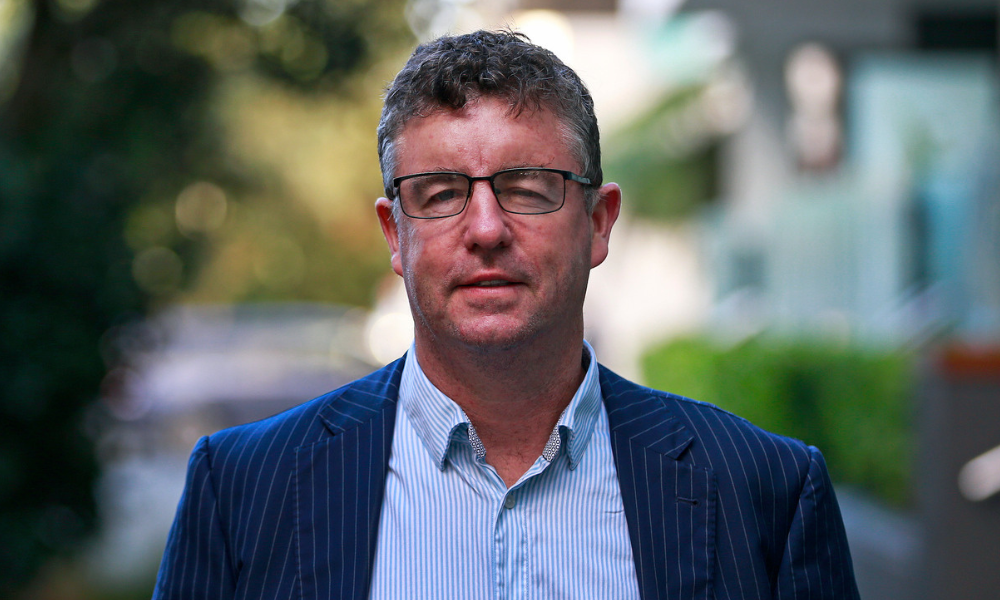This contrasts with the view from BNZ and ANZ

Despite early signs of optimism in 2024, an economist has cautioned that New Zealand’s battle with inflation is far from over, suggesting that interest rate hikes could soon be on the table.
Annual inflation has dipped to 4.7% as of December, marking the first instance of inflation falling below 5% since September 2021. However, these figures still exceed the Reserve Bank’s (RBNZ) target range of 1% to 3%.
Speaking on AM, Cameron Bagrie (pictured above), an independent economist, noted that while the “encouraging” drop from a 7.3% inflation peak in 2022 is a positive sign, the gradual decline might raise concerns for RBNZ.
Bagrie pointed out that, typically, substantial economic setbacks would lead to a rapid decrease in inflation pressure, but the current slow pace of reduction is worrisome.
“If you look at your stock standard disinflation playbook, if you beat the economy up sufficiently you put it into recession and the New Zealand economy headed backwards in 2023 by a pretty reasonable margin. You should see inflation pressure disappear really quickly,” he said.
“Now what we’re seeing is inflation is coming down but it’s coming down at a particularly slow rate and that slow rate, while directionally encouraging, it’s concerning to the Reserve Bank.”
Bagrie stressed the importance of inflation expectations, stating that prolonged deviation from RBNZ’s target could lead to a shift in public perception regarding future inflation, thus challenging the central bank’s credibility.
The economist highlighted a potential challenge for RBNZ, noting that the two-year inflation expectation remained “stuck” at approximately 2.8%, with the five-year forecast at 2.3% and the 10-year outlook at 2.4%.
“So, that stickiness of that two-year ahead number has become a bit of a problem. What we've also seen is the longer-term inflation measures, while they're still pretty low... 2.3 and 2.4 is not two and what we've seen is those numbers have started to creep up over the last three to six months,” Bagrie told AM.
“Once again, this is the old sort of problem, the more you see inflation deviate or be away from your target for a period, the more people are going to start to second guess and think is 2% the right number anymore. If we start to see the markets second guess whether 2% is the right number, that's a real question of any central bank's credibility.”
The analysis contrasted sharply with predictions from BNZ and ANZ, which recently forecasted potential cuts to the OCR by the third quarter of this year.
Bagrie, however, suggested that the RBNZ might consider raising the OCR in response to strong domestic inflation, slight increases in unemployment, wage inflation, and expectations of economic recovery in 2024.
“You throw that combination together and you got the recipe of the Reserve Bank going to be discussing whether the need to tweak or lift the official cash rate, push it up over the next few months, as opposed to pushing in an interest rate cut, which the market was perhaps hoping a little bit too much for,” he said.
RBNZ has maintained the OCR at 5.5% during its last five sessions, following a series of 12 consecutive increases. Meanwhile, New Zealand’s economy experienced a halt in growth during the latter half of the previous year, with a surprising -0.3% decline in quarterly growth during the third quarter, attributed to a deceleration in goods-producing sectors, Newshub reported.
Watch the full interview here.
Get the hottest and freshest mortgage news delivered right into your inbox. Subscribe now to our FREE daily newsletter.



